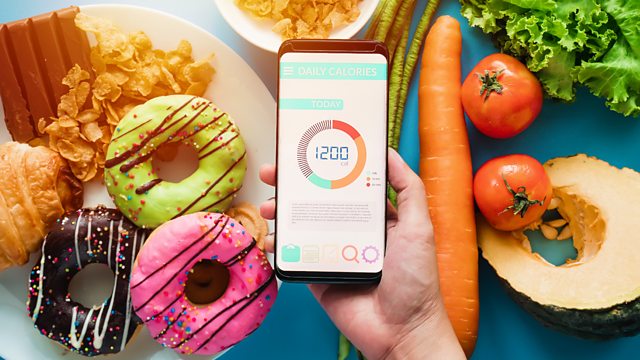Calories: How to fuel a human
The invisible force that shapes the way we feed ourselves.
Calories are fundamental to the way many of us view food and our own bodies - you’ll find them on supermarket shelves, restaurant menus, and in cookbooks. But they didn’t start out that way.
Originally coined during the study of steam engines and industrial energy, the term ‘calorie’ was transformed into a measurement of food as ‘fuel’ for humans, influencing industrial, public health and even foreign policies for more than 100 years.
It’s also spawned a multi-billion dollar diet industry – we learn about the author whose battle with her weight introduced the world to calorie counting.
But should we be paying the calorie so much attention? There are growing concerns that it’s a misleading, perhaps even dangerous guide to how our bodies digest food and burn energy.
Bridgett Kendall is joined by Dr Giles Yeo, professor of molecular neuroendocrinology at the University of Cambridge and author of ‘Why Calories Don’t Count: How we got the science of weight loss wrong’; Adrienne Rose Bitar, a specialist in the history and culture of American food and health at Cornell University, New York, and author of ‘Diet and the Disease of Civilization’; and Nick Cullather, professor of history and international studies at Indiana University, Bloomington.
Producer: Simon Tulett
(Picture: A smartphone showing a calorie counting app and surrounded by fresh vegetables, donuts and other snacks on a table. Credit: Getty Images)
Last on
More episodes
Broadcasts
- Thu 22 Dec 2022 10:06GMT�鶹�� World Service
- Fri 23 Dec 2022 00:06GMT�鶹�� World Service except South Asia
- Fri 23 Dec 2022 03:06GMT�鶹�� World Service South Asia
- Christmas Day 2022 03:06GMT�鶹�� World Service East and Southern Africa & West and Central Africa only
- Christmas Day 2022 14:06GMT�鶹�� World Service except East and Southern Africa & West and Central Africa
Do you use US dollars even though they are not your country’s official currency?
Podcast
-
![]()
The Forum
The programme that explains the present by exploring the past



